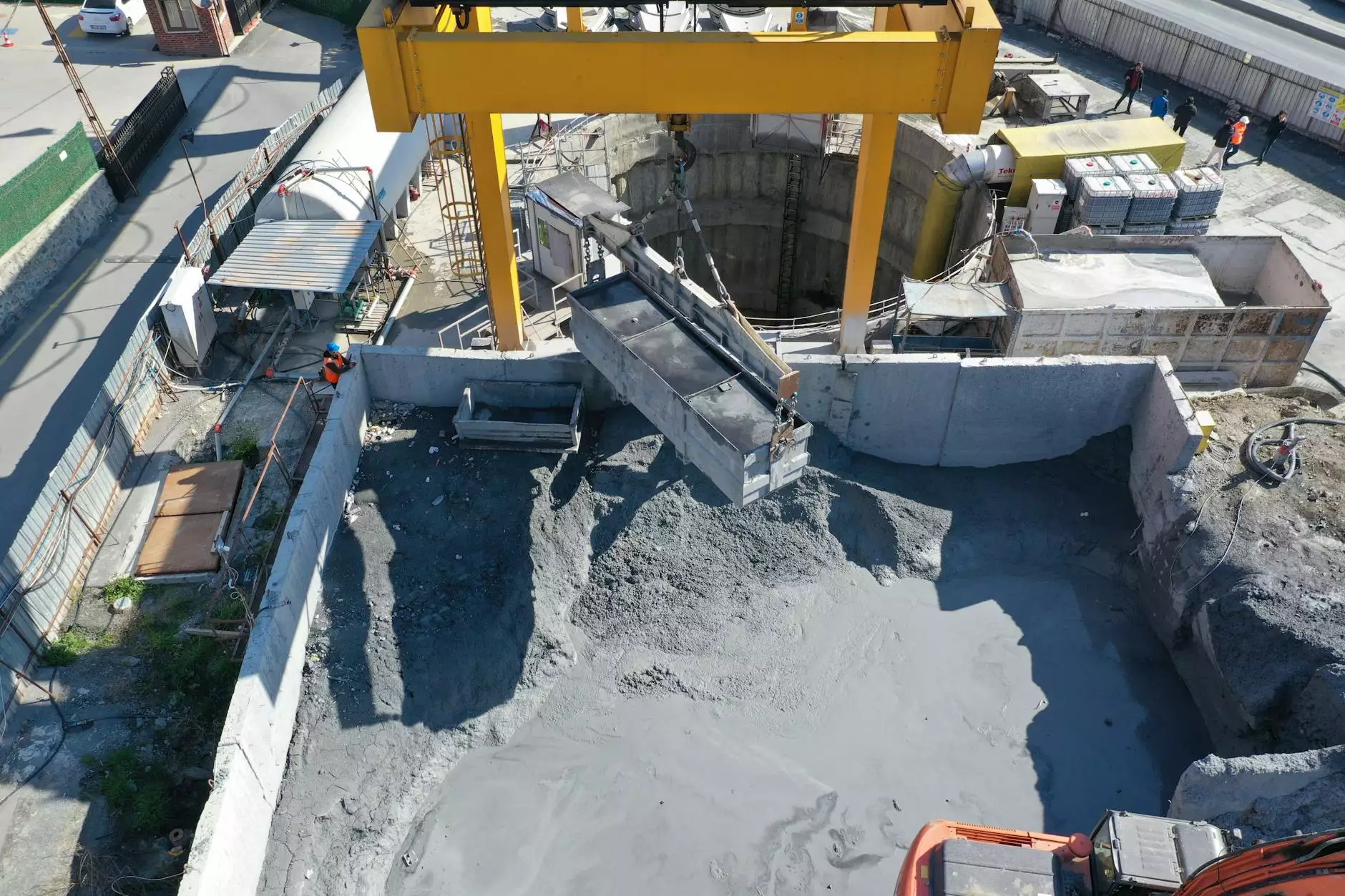The Importance of a Backup Server for Your Business

In today's digital landscape, where data is often referred to as the new oil, the protection of business information has become a top priority for companies of all sizes. A backup server plays a crucial role in ensuring that your business's data is secure, recoverable, and available when needed. This article delves deep into the significance of maintaining a reliable backup server, the best practices for implementation, and how it can fortify your business against data loss.
Understanding Backup Servers
A backup server is a dedicated server that stores copies of data from other systems in your business. This specialized server acts as a safety net, ensuring that in the event of data loss—due to hardware failure, cyberattacks, or human error—your information remains secure and can be restored quickly. Understanding the functionality and benefits of a backup server can provide you with peace of mind in your daily operations.
Why Your Business Needs a Backup Server
Implementing a backup server is not just a technological choice; it is a strategic business decision. Below are compelling reasons why every business should consider having a backup server:
- Data Protection: Backing up data regularly protects it against loss due to unexpected events.
- Disaster Recovery: In case of system failures, a backup server allows businesses to recover information quickly, minimizing downtime.
- Compliance Requirements: Many industries have regulations requiring data retention and protection, which can be met through effective backup solutions.
- Competitive Advantage: Businesses that can recover quickly from disruptions maintain customer trust and market share.
Common Risks to Business Data
Understanding the risks associated with data loss is critical in grasping the necessity of a backup server. Here are some common threats:
- Hardware Failures: Physical components can malfunction unexpectedly, causing data corruption.
- Cyberattacks: Malware and ransomware attacks on businesses can lock or corrupt essential files.
- Human Error: Accidental deletions or misconfigurations can result in significant data loss.
- Natural Disasters: Fires, floods, and earthquakes can destroy physical data storage infrastructure.
Designing an Effective Backup Server Strategy
A well-thought-out backup server strategy is crucial for maximizing data security. Here are steps to consider when setting up your backup environment:
1. Identify Critical Data
Determine which data is essential for your business operations. Identifying critical data ensures that your backup server prioritizes what matters most. This includes client information, financial records, and proprietary data.
2. Choose a Backup Method
Decide whether you will implement full, incremental, or differential backups:
- Full Backups: Complete copies of all selected data—takes time but is comprehensive.
- Incremental Backups: Only changes made since the last backup—saves time and storage space.
- Differential Backups: Captures changes made since the last full backup—strikes a balance between full and incremental backups.
3. Determine Backup Frequency
Establish how often to back up data. This could range from real-time backups to weekly or monthly checks, depending on your business needs. A backup server should be configured for regular intervals to ensure minimal data loss.
4. Choose the Right Storage Solution
The storage medium you choose for your backup server can influence both data retrieval speed and reliability. Options include:
- On-premises Storage: A local server that provides quick access and control.
- Cloud Storage: Off-site storage solutions that offer scalability and flexibility.
- Hybrid Solutions: Combining both on-premises and cloud solutions for redundancy and ease of access.
5. Implement Regular Testing
Regularly testing your backup server ensures that your data can be restored when needed. Conduct periodic drills to simulate data recovery scenarios and verify your backups' integrity.
Benefits of Using a Backup Server
The advantages of implementing a backup server extend beyond just protection against data loss. Here’s a closer look at some of the crucial benefits:
1. Increased Business Continuity
By ensuring that your data is backed up and easily recoverable, you can maintain continuity in your operations. Businesses that can recover quickly from disruptions are more likely to retain customers and uphold their reputation.
2. Cost-Effectiveness
While setting up a backup server may require initial investment, in the long run, it can save your business from costly downtime and data recovery expenses, which can be substantial.
3. Enhanced Security
Regularly backing up your data adds an extra layer of security. With a reliable backup server, even if a data breach occurs, your information remains safe and intact.
4. Easier Compliance with Regulations
Many industries are governed by strict compliance regulations regarding data storage and protection. A well-structured backup server helps meet those compliance requirements effectively.









